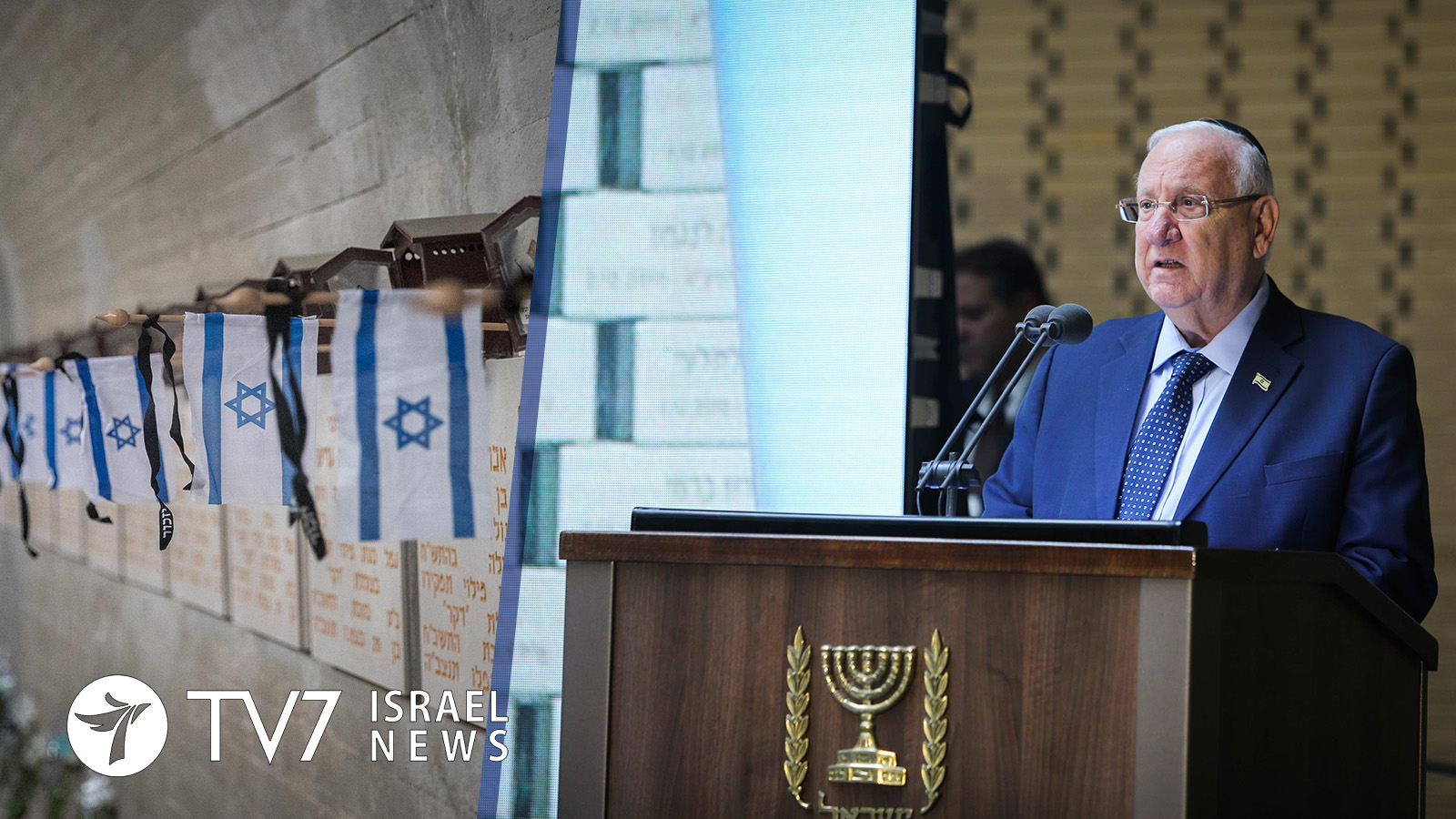Israel is prepared for any scenario and will cause Lebanon to shudder if Hezbollah draws the IDF into war.
Speaking at an official memorial ceremony for fallen Israeli soldiers whose burial place is unknown, Alternate Prime Minister and Defense Minister Benny Gantz responded to the latest threats from Hezbollah Secretary General Hassan Nasrallah.
On 16 February Nasrallah claimed that, “Israel’s home front needs to know that if there is a war with Hezbollah, it will see things it has not yet seen since the establishment of Israel.”
Jerusalem’s top defense official began his remarks stating, “In spite of Israel being the most powerful force in the Middle East, there are those who threaten us with the price of war and days of fighting.” After acknowledging that conflict would be difficult for civilian Israeli communities on the home front, he went on to stress that” if days of battle will be forced upon us on the separate fronts” the outcome would be “much harder and more terrible first and foremost for our enemies.”
“This is especially true for Hezbollah and also Hamas, which are working to build offensive capabilities from within civilian communities and are thus committing a war crime,” cautioned Minister Gantz, who is a Lt. Gen. (res) and former IDF Chief of Staff, adding that, “In the face of this threat, the IDF is well prepared to apply any type of force which will be deemed necessary. If we will need to face days of battle in Lebanon – Lebanon will shake and Hezbollah will sustain critical damage.”
Defense Minister Gantz said Israel takes every action possible to bring all of its fallen soldiers back to Israeli soil: “We haven’t stopped working and haven’t lost hope. We carry every one of our fallen soldiers in our hearts and memories.”
Referencing the fallen IDF soldiers whose remains are still being held by the Islamist Hamas leaders of Gaza, Gantz said: “We haven’t stopped working to bring Oron Shaul and Hadar Goldin, may they rest in peace, back home. I feel a sense of personal responsibility toward them, having sent them into battle. Until that happens, Gaza won’t be able to develop. We won’t act like the Hamas; we won’t prevent food and medical supplies. But we won’t allow real long-term growth until our boys come home. Israel is cultivating relationships with many Arab states, and we are working to mobilize them as well to this humanitarian effort. I, the defense establishment, and our whole diplomatic establishment are working alongside Egypt and other countries to bring our boys back. We will keep turning over every stone to locate every casualty, wherever they may be.”
Speaking at the same memorial ceremony, President Reuven Rivlin told the bereaved families that “The task of finding the missing soldiers, within our borders and beyond, and bringing them to burial in Israel is a sacred duty” which would never cease.
“The duty of the State of Israel and of those that lead it is to do everything in their power for our soldiers who did not return from battle – the fallen soldiers whose place of burial is not known – until the last one of them comes home. Dead or alive. That is the unwritten contract, signed in blood, between us and our soldiers who go off to battle, and between us and you, the bereaved families. We must not breach it under any circumstances.”
“Every year, we gather here at Jerusalem’s hill of tears and longing, remembering and commemorating the IDF’s fallen soldiers whose place of burial is not known. Our beloved relatives, who we have not been able to bring for burial in Israel. Without a grave, we bring our pain here, to the Garden of the Missing Soldiers,” said President Rivlin.
He added, “The pain of a bereaved family is unbearable. Your pain, that of the families of our fallen soldiers whose place of burial is not known, is even greater. You bear a double pain. For you, the longing, the grief, the heart-wrenching for your loved one who fell in battle is compounded by the uncertain and the unknown. This is pain on top of pain. For you, there is no grave to visit, no stone to lay your head upon and to be with and weep.”
The service was held at the Hall of Remembrance at the national Mount Herzl cemetery in Jerusalem.
The flame of remembrance was lighted by Samira Abu-Rukun, who is the mother of the president’s military secretary Brig.-Gen. Ala Abu-Rukun. Her father 2nd Lt. Muhammad Qasem Sayed Ahmad fell on 28 November 1956 during a special operations behind enemy lines, and his place of burial remains unknown. He was posthumously awarded a “commendation for the daring and bravery he displayed on that operation and on other covert operations in which he participated” by then-head of the IDF Northern Command Yitzhak Rabin.
President Rivlin commented, “Dear Samira, dear Ala, you are the links that connect the heroism of the past to the heroism of today.”
